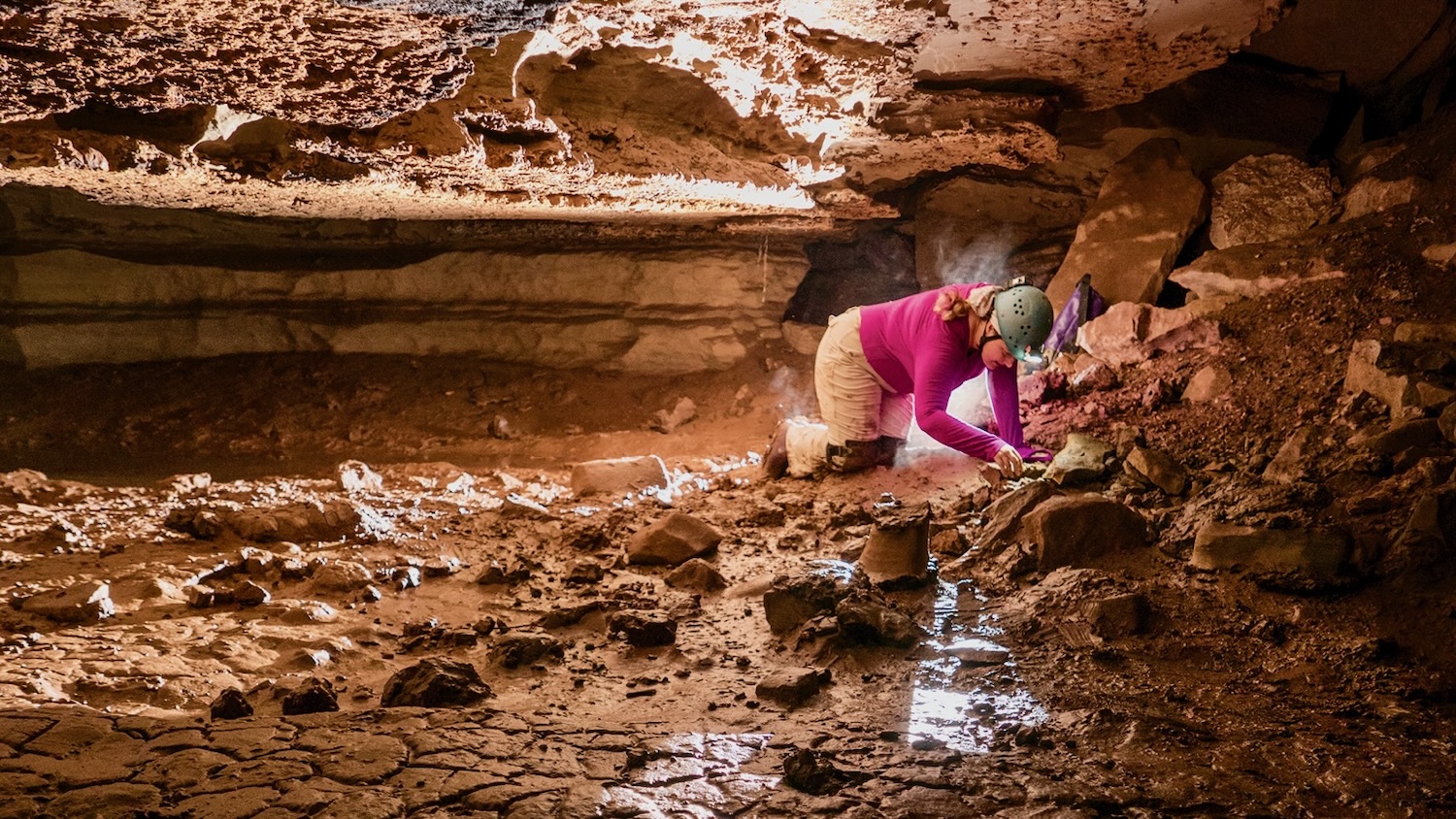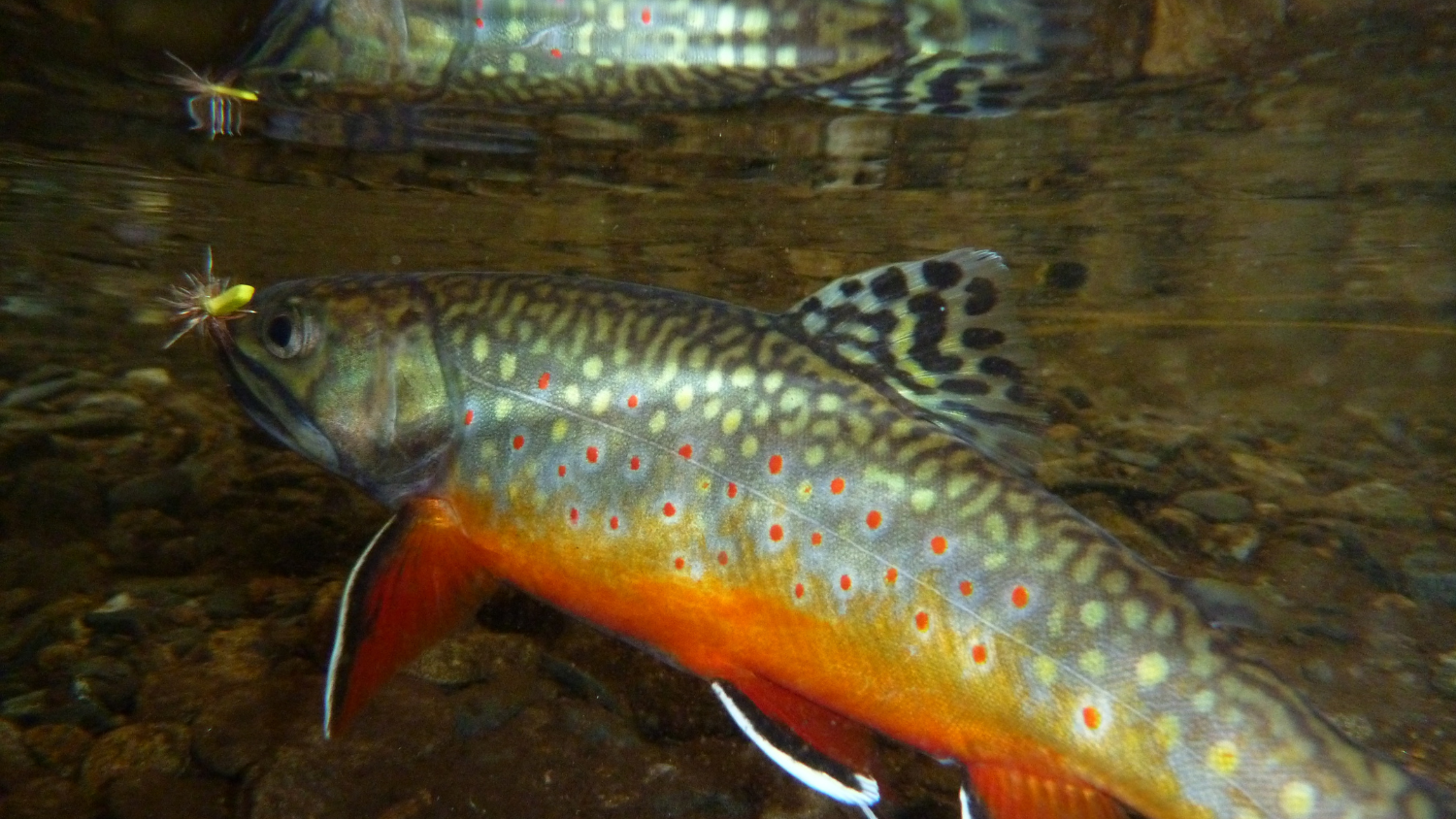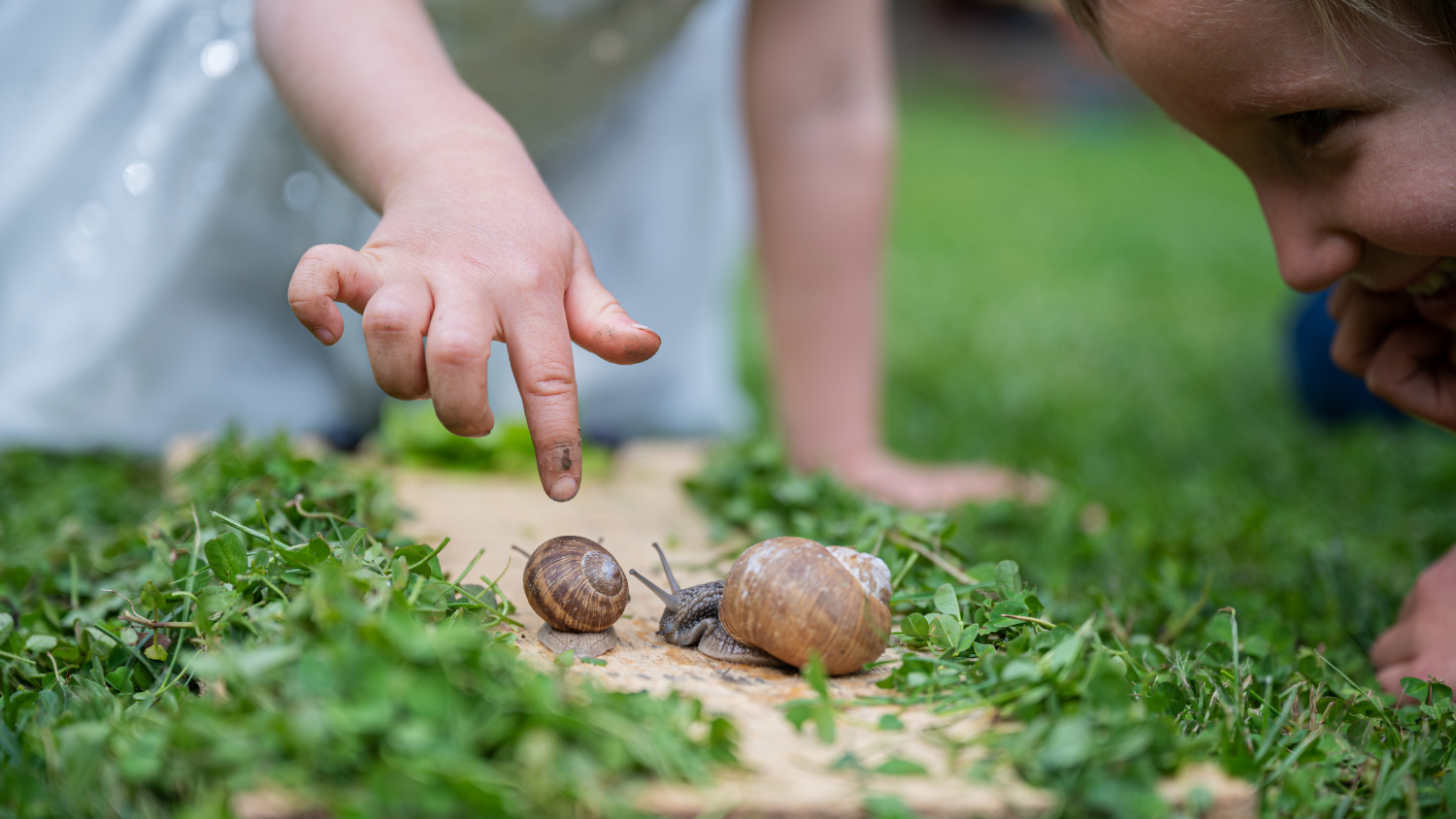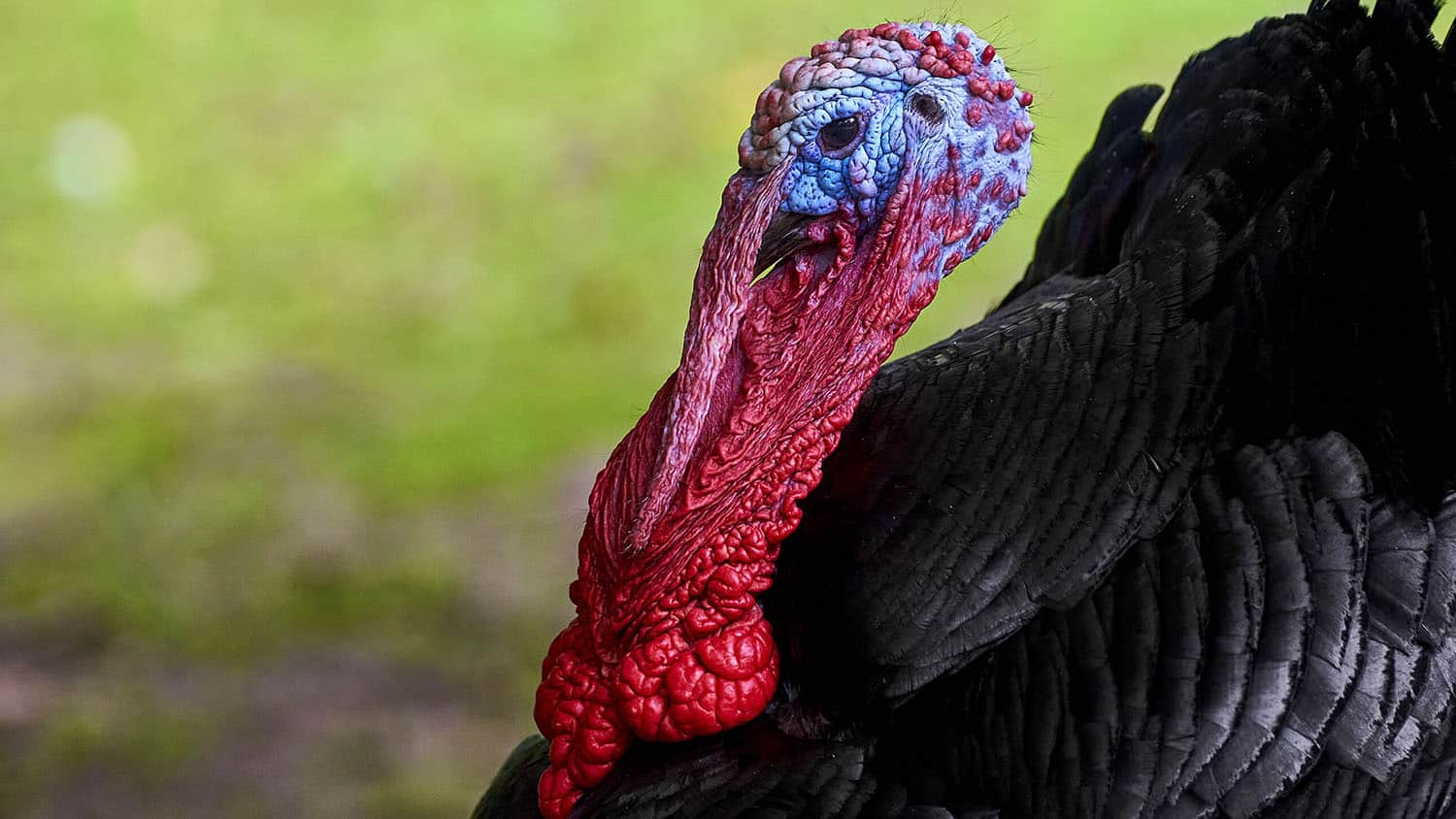- About
- About
- People
- People
- Staff
- Consortium PIs
- Research Affiliates
- Postdoctoral Fellows
- Global Change Research Fellows
- Research Affiliates
- Global Change Research Fellows
- Contact Us and Map
- Subscribe to our Newsletter
- Science
- Partners
- Publications
- Resources
- News and Events




